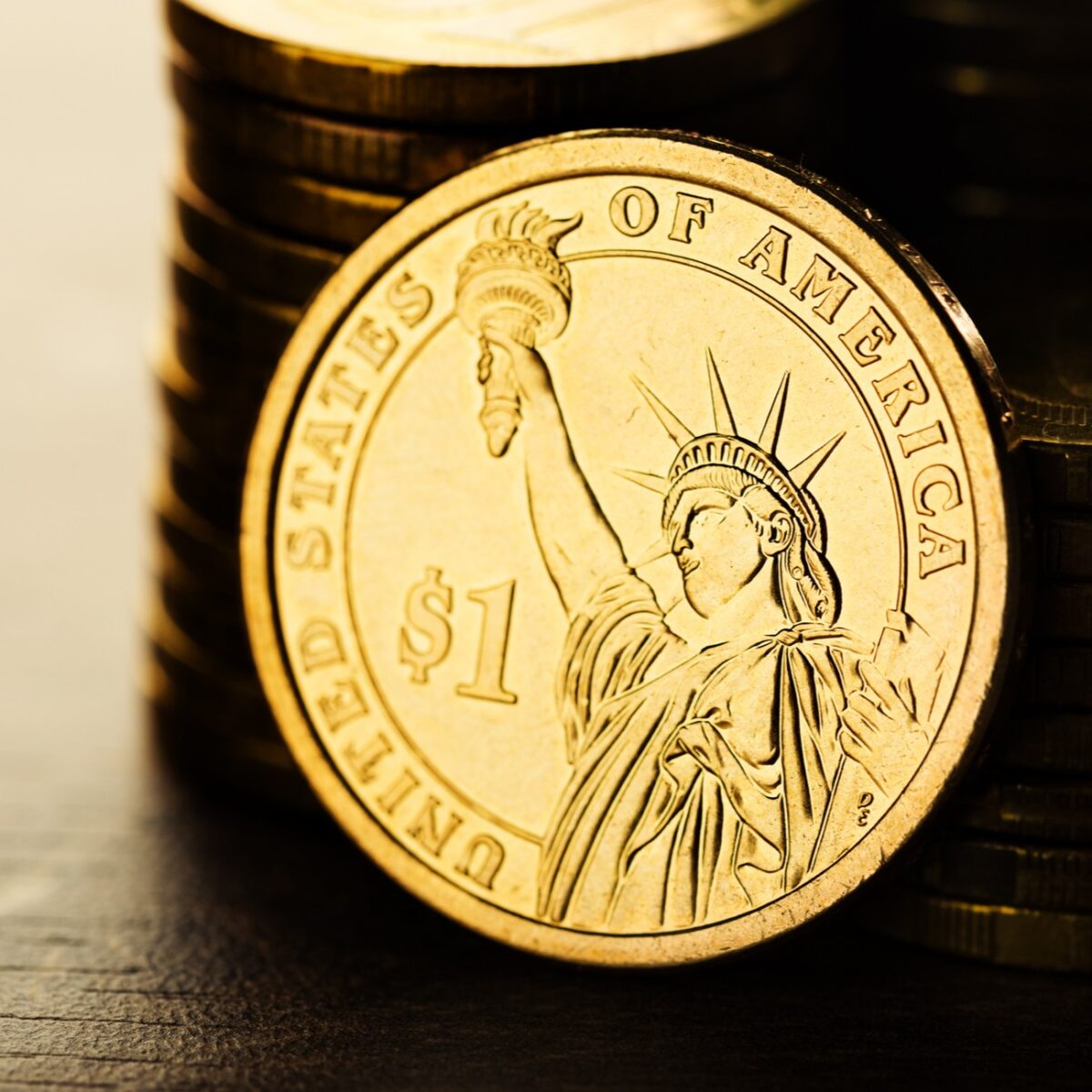PALO ALTO, Calif. (Reuters) - The Federal Reserve is looking at a broad range of problems around digital payments and currencies, including policy, style and legal considerations around potentially releasing its own digital currency, Governor Lael Brainard said on Wednesday. Brainard's remarks suggest more openness to the possibility of a Fed-issued digital coin than in the past." By changing payments, digitalization has the potential to provide greater worth and benefit at lower expense," Brainard said at a conference on payments at the Stanford Graduate School of Service.

Central banks worldwide are debating how to manage digital finance innovation and the dispersed journal systems utilized by bitcoin, which guarantees near-instantaneous payment at possibly low cost. The Fed is establishing its own round-the-clock real-time payments and settlement service and is presently evaluating 200 remark letters sent late last year about the proposed service's design and scope, Brainard stated.
Less than two years ago Brainard told a conference in San Francisco that there is "no engaging demonstrated requirement" for such a coin. But that was prior to the scope of Facebook's digital currency ambitions were commonly understood. Fed authorities, including Brainard, have raised issues about consumer defenses and data and personal privacy risks that might be postured by a currency that might enter use by the third of the world's population that have Facebook accounts.
" We are teaming up with other central banks as we advance our understanding of reserve Continue reading bank digital currencies," she stated. With more countries checking out providing their own digital currencies, Brainard said, that contributes to "a set of reasons to also be ensuring that we are that frontier of both research study and policy advancement." In the United States, Brainard said, concerns that need research study include whether a digital currency would make the payments system safer or simpler, and whether it could pose monetary stability threats, consisting of the possibility of bank runs if cash can be turned "with a single swipe" into the reserve bank's digital currency.
To counter the financial damage from America's unmatched nationwide lockdown, the Federal Reserve has taken unmatched steps, including flooding the economy with dollars and investing straight in the economy. The majority of these relocations received grudging acceptance even from many Fed skeptics, as they saw this stimulus as needed and something just the Fed might do.
My new CEI report, "Government-Run Payment Systems Are Risky at Any Speed: The Case Versus Fedcoin and FedNow," information the risks of the Fed's present strategies for its FedNow real-time payment system, and propositions for main bank-issued cryptocurrency that have been dubbed Fedcoin or the "digital dollar." In my report, I go over issues Helpful hints about privacy, data security, currency manipulation, and crowding out private-sector competitors and innovation.
Advocates of FedNow and Fedcoin say the government should create a system for payments to deposit quickly, rather than motivate such systems in the economic sector by raising regulatory barriers. But as noted in the paper, the personal sector is offering a seemingly limitless supply of payment innovations and digital currencies to solve the problemto the extent it is a problemof the time gap between when a payment is sent out and when it is gotten in a bank account.
And the examples of private-sector development in this location are many. The Cleaning House, a bank-held cooperative that has been routing interbank payments in various types for more than 150 years, has been clearing real-time payments given that 2017. By the end of 2018 it was covering 50 percent of the deposit base in the U.S.